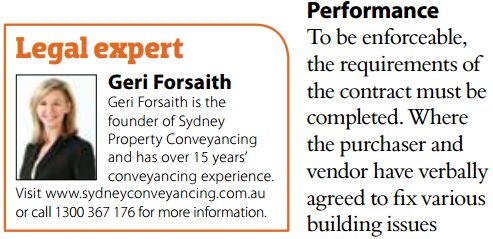We strive to cover a broad range of products, providers, and services; however, we do not cover the entire market. Products in our comparison tables are sorted based on various factors, including product features, interest rates, fees, popularity, and commercial arrangements.
Some products will be marked as promoted, featured or sponsored and may appear prominently in the tables regardless of their attributes.
Additionally, certain products may present forms designed to refer you to associated companies (e.g. our mortgage broker partner) who may be able to assist you with products from the brand you selected. We may receive a fee for this referral.
You can customise your search using our sorting and filtering tools to prioritise what matters most to you, although we do not compare all features and some results associated with commercial arrangements may still appear.
For more details, visit How We Get Paid and Managing Conflicts of Interest.
